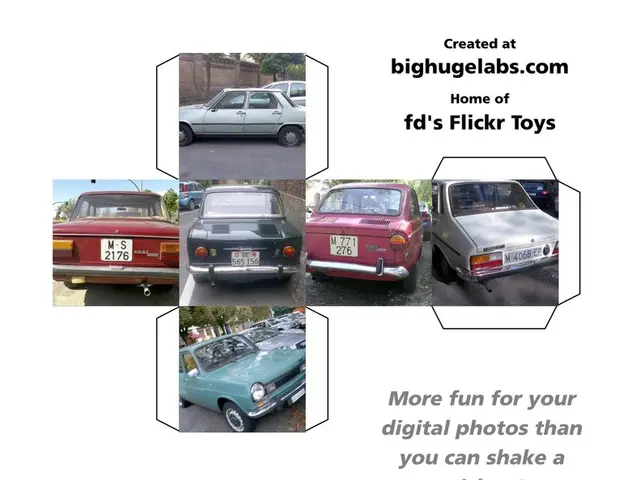TU Dresden's Capella Supercomputer Leads in Energy-Efficient Computing
TU Dresden's Capella supercomputer, a powerhouse in energy-efficient computing, has made waves in the global tech scene. Ranked 51st in the Top500 list and 5th worldwide in the Green500, Capella is not just powerful but also eco-friendly.
Capella's peak performance of 38 Petaflops enables it to perform 38 billion calculations per second. This speed is astounding; a human would take 1.2 billion years to do the same calculations in just one second.
The supercomputer's applications are vast and varied. It's used extensively in artificial intelligence and data analysis, contributing to improvements in European language models. Additionally, it plays a crucial role in medical research, aiding in cancer diagnosis and drug development. Earth system science also benefits from Capella, helping researchers understand natural disasters and climate change better.
Capella's performance efficiency is measured at 38 Gigaflops per Watt, making it one of the most energy-efficient supercomputers globally. It ranks 3rd among supercomputers in Germany, a testament to its prowess.
Several research groups at TU Dresden, including the Center for Scalable Data Analytics and Artificial Intelligence (ScaDS.AI) and the Chair of Machine Learning, utilize Capella for their work. Interdisciplinary teams from the Faculty of Computer Science and the Faculty of Mathematics also leverage its capabilities.
Capella's role in accelerating progress in key technologies like climate modeling, drug development, and machine learning cannot be overstated. Its impressive performance, coupled with its energy efficiency, makes it a valuable asset for TU Dresden and the wider scientific community.
Read also:
- Hydrogen set to revolutionize India's space expeditions, transportation sector, and clean energy ambitions, according to ISRO Chairman's claims
- Strategic approach to eco-friendly nickel production for electric vehicles in Europe
- Solar energy company, Imperium, alongside QORAY Mobility & Energies Solar Business, bolsters Nigeria's environmental future by producing superior solar panels domestically and offering flexible payment options.
- AI Inspection Company, Zeitview, Secures $60 Million Funding for Expansion








